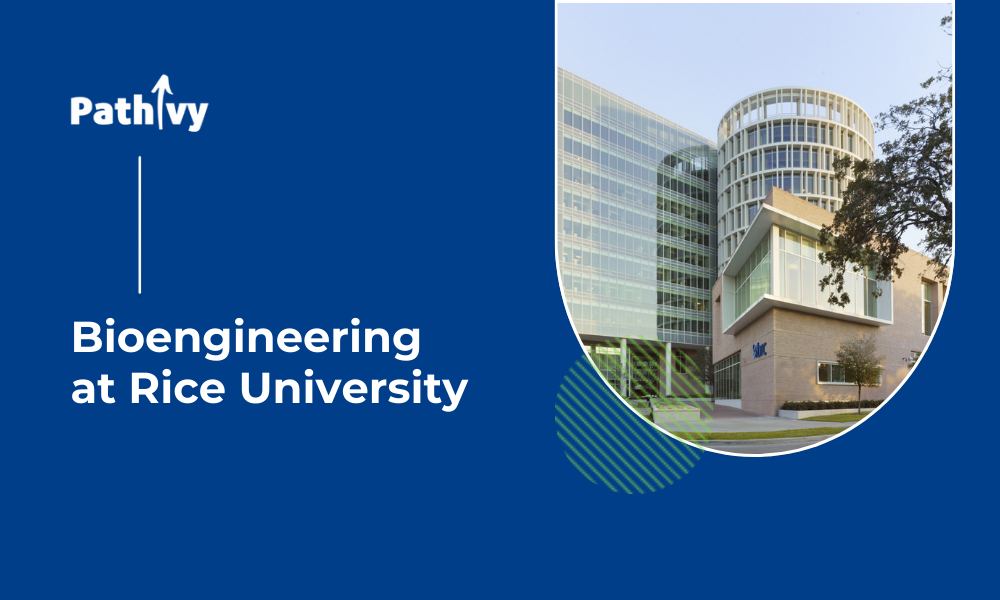Self Introduction
My name is Eleanor and I’m a sophomore at Rice studying Bioengineering and Global Health. My high school GPA was a 4.0 and my SAT score was a 1600.
I applied to the Bioengineering programs at Rice, MIT, UT Austin, Texas A&M, Trinity University, CalTech, University of Washington, UCSD, Princeton, Vanderbilt, and Northwestern. I was accepted to Rice, UT Austin, Texas A&M, Trinity University, University of Washington, and UCSD. I was waitlisted at Northwestern.
Rice was my first choice all along; I was very familiar with the university as well as the bioengineering program and I felt that I would really belong in the community there. I really loved the tight-knit campus feel when I toured it and I grew up hearing such great things from students and alumni.
Bioengineering at Rice
Rice is a small private research university with very strong Engineering programs. Its proximity to the Texas Medical Center makes it a great place for students interested in Medicine or Public Health. The Bachelor of Science in Bioengineering Degree trains students to apply engineering principles in creating solutions for welfare, safety and public health. The program emphasizes developing communication and leadership skills, as with all the engineering majors at Rice.
In a given class at Rice, between 30 and 40 students will declare the Bioengineering major. The program has a near even breakdown between female and male students, typically between 42-47% female and 53-58% male. The Bioengineering program ranked 10th nationally with U.S. News in 2021 and continues to grow. The university’s connections within the largest medical center in the world is incredibly impactful in providing students opportunities for shadowing, research, and internships. Rice is uniquely situated to position students advantageously for both graduate and medical schools.
Major Requirements
The Bioengineering degree requires 37 courses, which will range between 97-99 credit hours, with 20 courses taken at the 300-level or above. Considering Rice’s general degree requirements, students graduating in this major will have a minimum of 131 credit hours.
The areas that require classes include: Biosciences, Chemistry, Computational and Applied Mathematics, Electrical Engineering, Mathematics, Mechanical Engineering, Physics and Bioengineering core courses. To see the specific courses in each area, click here. Additionally, students will choose from several Bioengineering Lab and Technical Elective options. Potential Technical Electives that count toward the degree include BIOE 422: Gene Therapy, BIOE 620: Tissue Engineering, NEUR 416: Neural Computation, and GLHT 360: Appropriate Design for Global Health.
All engineering students will also complete a “capstone” Senior Design Project.
My Experience in Bioengineering
Having just wrapped up my first year, most of the courses I’ve taken were introductory. I’ve completed the intro courses for Biology, Chemistry, Physics, and CAAM. Advisors at each residential college help us understand how those can impact our future in our majors. My advisor helped me identify the aspects of those classes that I enjoyed the most, like programming in CAAM and modeling in Physics, and then recommended which classes and electives I should register for in the next three years. Rice really emphasizes interdisciplinary study, so in your first year your classes will be populated with students from all kinds of majors. I think this really helps clarify your focus on what you might want to study, while also keeping your options open to explore as much as possible.
Bioengineering Clubs and Research
I’m involved with both the Society of Women Engineers and the Biomedical Engineering Society at Rice. These are really strong groups that provide career support to undergraduates, as well as connecting them with each other and with alumni. Outside of that, nearly all undergraduates in Bioengineering will do research at some point in their college career. Getting spots in popular labs can be competitive, but there are so many professors doing research that there are always opportunities to get involved. You can also do research through an internship or design program, which I am doing this summer with Rice 360. At Rice, you will always have a myriad of opportunities to develop yourself and your resume!
Career Prospects with Bioengineering
Several Bioengineering graduates will go into the industry immediately, with popular internship/job companies being Medtronic, NASA, Google, Microsoft, and Lifelet. If you, like me, are interested in Global Health, I would encourage you to research Rice 360; there are ample opportunities for undergraduates to get involved with their work, which often connects interns with other job opportunities.
Written by Eleanor Kimbro, PathIvy Rice University Ambassador
.png?width=175&height=73&name=ORIGINAL%20LOGO%20Blue%20and%20Green%20(1).png)
.png?width=50&name=author-image%20(2).png)

